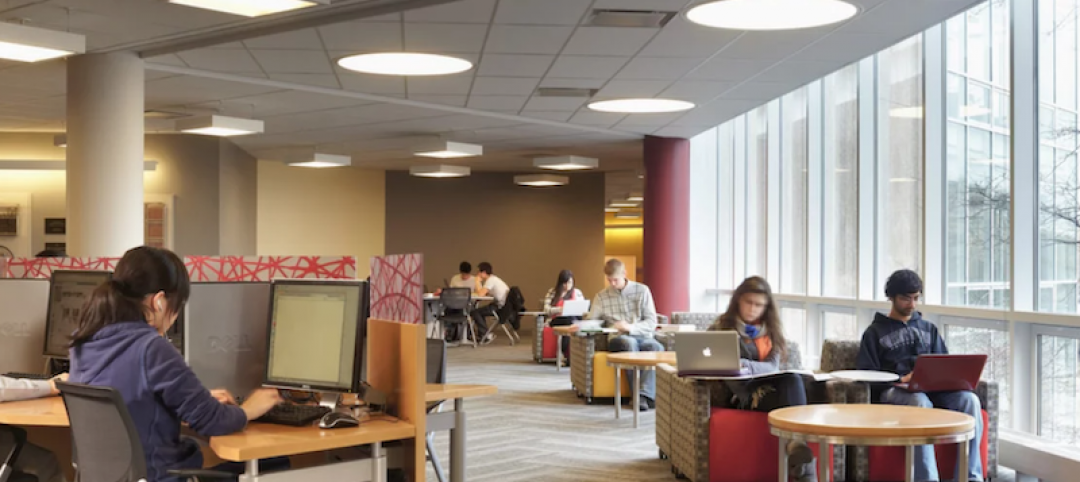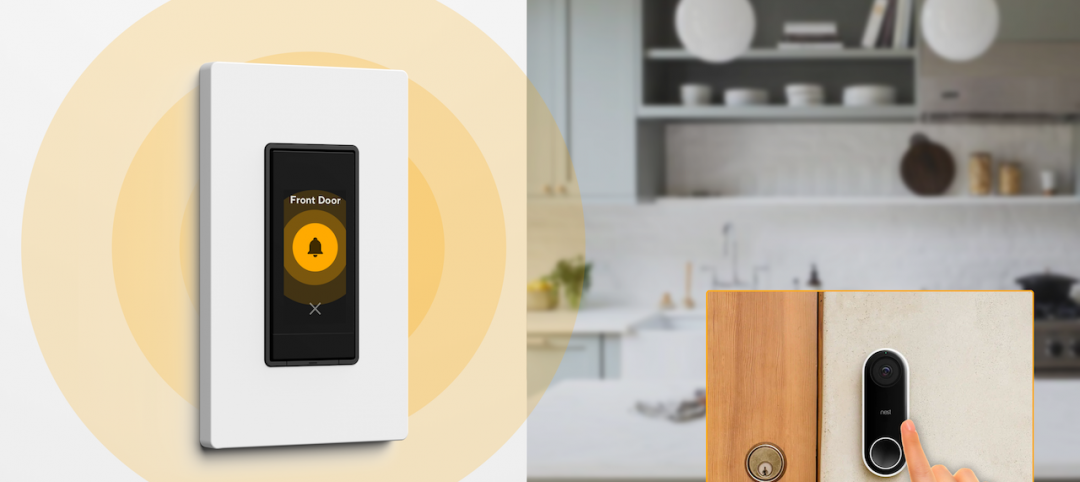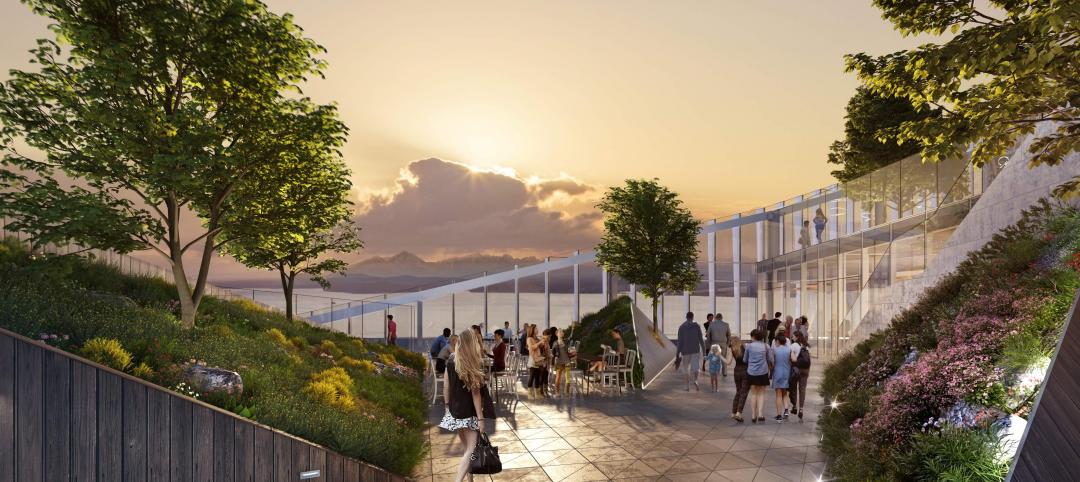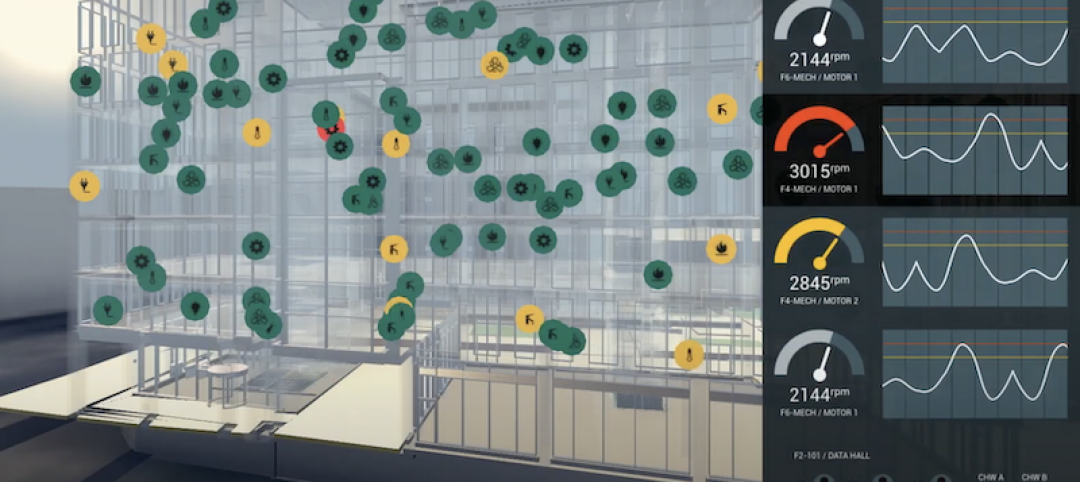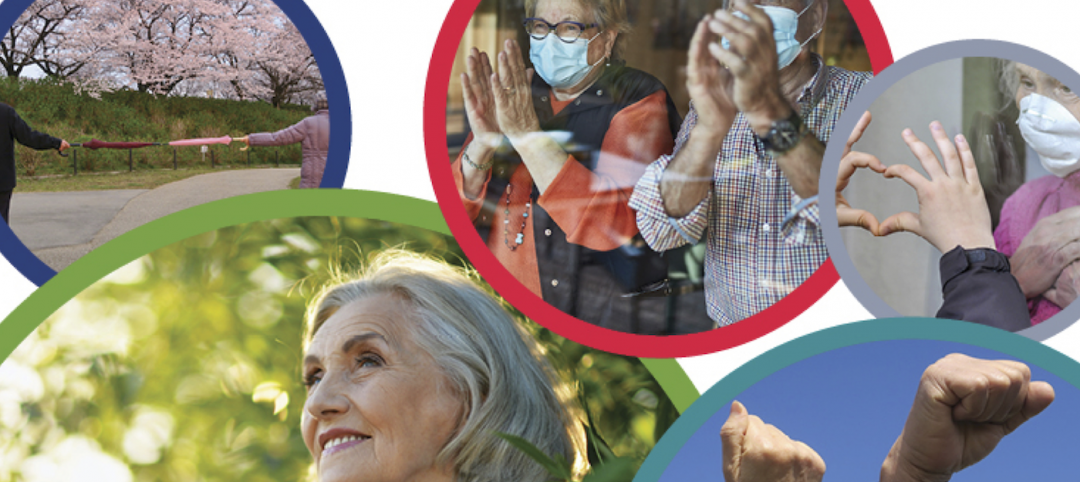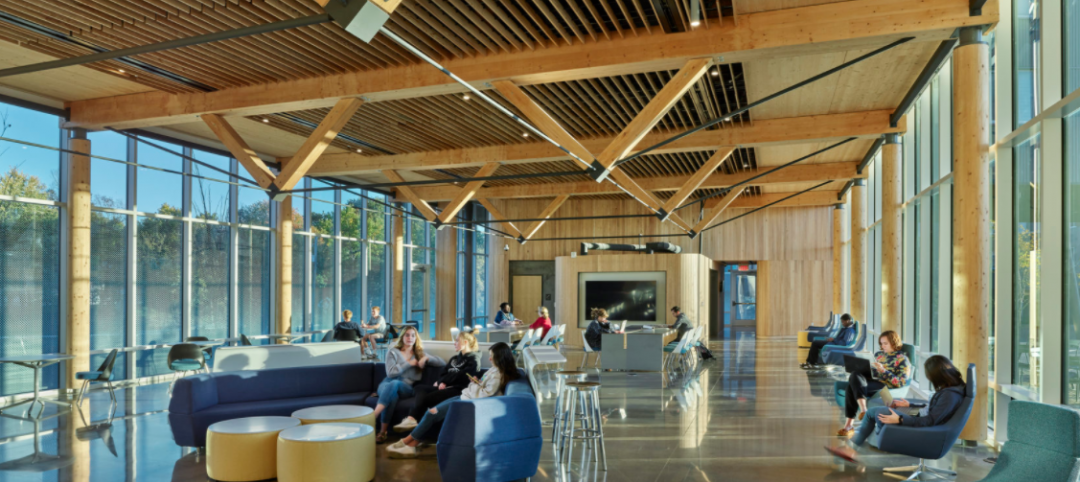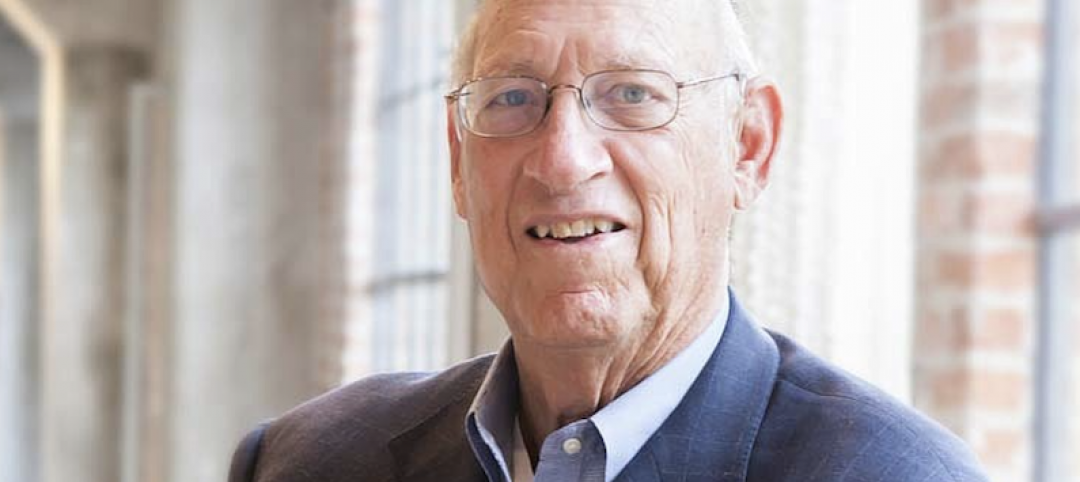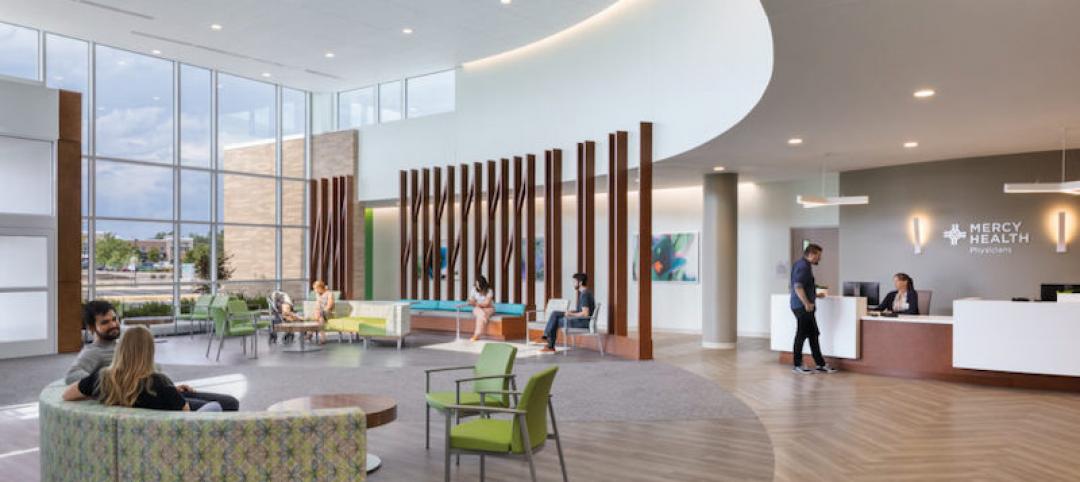AECOM and Van Alen Institute, with 100 Resilient Cities – Pioneered by The Rockefeller Foundation, recently announced four finalists for Urban SOS® 2017: hOUR City, a global student ideas competition that challenged multidisciplinary teams to connect more people in regions around the world to the opportunities found in contemporary cities.
An “hour city” radius — the distance people can travel in one hour — has historically defined the boundary of a city. However, with the forces of globalization and dramatic geographic, social and economic shifts affecting cities everywhere, the time has come to imagine new ways to connect people in suburban, rural and isolated urban communities.
The four finalist proposals and teams are:
Alternative Ways of Transportation, Bangkok, Thailand
Submitted by Wilaiwan Prathumwong, Perada Plitponkarnpim and Patcharida Sricome, all from King Mongkut's University of Technology Thonburi, the team developed a new, formalized multimodal pathway along one of Bangkok's many underutilized canals, connecting isolated residential communities to public transit.
The Healthy City, Oakland, California
Submitted by Vincent Clement Agoe, Derek Lazo, Serena Lousich, Mark Wessels and Sarah Skenazy, all from the University of California, Berkeley, the team connects communities suffering from high rates of chronic diseases (e.g., asthma, diabetes, etc.) to the physical spaces and resources of healthcare providers, using traffic calming, recreational opportunities and new transit options.
The Holding Project, Belfast, Northern Ireland
Submitted by Sean Cullen and Chris Millar from Queen’s University Belfast, the team proposes a joint-housing and economic development plan in central Belfast, tailored to young renters aged 18-35. On publicly-owned vacant sites, the team envisions new pre-fabricated micro-units that would save construction time and costs; tenants would set aside 20 percent of their monthly rent as savings.
New Suburban Living, Melbourne, Australia
Submitted by Lisa Ann Garner from Universität Der Künste and Lauren Garner from RMIT University, the team developed designs and a planning process for new types of housing in Melbourne's Middle Suburbs to address the region's housing shortage and better meet the needs of residents.
Launched in May, hOUR City invited students to tackle urgent transportation, housing or economic development challenges facing cities around the world and to create outcomes that promote equal access to opportunity. 86 teams entered, comprising nearly 300 students from 31 countries around the world and representing 114 unique academic disciplines.
"In our competitions, research and public programs, Van Alen develops solutions to create more equitable cities and communities," said Van Alen Institute Executive Director David van der Leer. "We're proud to guide tomorrow'sleaders to tackle urgent questions about suburban density, creating more affordable housing and connecting underserved communities to transit and jobs."
“We are excited to see the progress of the four finalists in the coming months,” said Michael Berkowitz, president of 100 Resilient Cities. “The work of building urban resilience often requires regional thinking — and the solutions and approaches these teams will uncover have the potential to create significant impact.”
The four finalist teams will now work with experts at AECOM, Van Alen and 100 Resilient Cities to further develop their proposals, and will present their ideas in Los Angeles before a final jury and live audience on January 23, 2018.
The 2017 challenge is the eighth in the Urban SOS® student ideas competition series founded by AECOM, a premier, fully integrated global infrastructure firm, and the third challenge hosted in collaboration with Van Alen Institute, a design nonprofit with a 120-plus-year history of organizing competitions and with 100 Resilient Cities – Pioneered by The Rockefeller Foundation.
Last year’s Urban SOS competition, Fair Share, challenged teams to combine design with the tools and technologies of the sharing economy to create more equitable access to resources, envision more sustainable built environments and enrich the lives of urban residents. The winning team, comprising students at Washington University in St. Louis, proposed reusing United States Postal Service (USPS) post offices in Los Angeles slated for closure and excess capacity within the USPS distribution network to collect, store and deliver surplus food to neighborhoods with limited food access. Team members include Irum Javed, Anu Samarajiva and Lanxi Zhang, students in public health, architecture/urban design and landscape architecture/urban design. The team is currently developing a pilot initiative to be implemented in Los Angeles later this year.
For more information about the finalists, including descriptions and images of the finalist proposals, click here.
Related Stories
Multifamily Housing | Jun 3, 2021
Student Housing Trends 2021-2022
In this exclusive video interview for HorizonTV, Fred Pierce, CEO of Pierce Education Properties, developer and manager of off-campus student residences, chats with Rob Cassidy, Editor, MULTIFAMILY Design + Construction about student housing during the pandemic and what to expect for on-campus and off-campus housing in Fall 2021 and into 2022.
Architects | Jun 2, 2021
Two new practice leaders appointed at FGM Architects
FGM Architects appoints Jan Behounek to lead Higher Education and Scott Nall to lead Federal Practice.
Building Technology | Jun 1, 2021
Orro Announces Google Nest Integration for the Orro Switch
Orro, creators of the professional-grade top-of-the-line Orro Smart Living System, today announced the integration of Nest products to Orro. As a certified partner in Google’s Device Access program, this latest Orro integration allows homeowners to have seamless control and access to Nest thermostats and doorbells from any Orro Switch throughout the home – creating a single unified smart home system with advanced, intelligent ambient control.
High-rise Construction | May 27, 2021
The anti-high rise: Seattle's The Net by NBBJ
In this exclusive video interview for HorizonTV, Ryan Mullenix, Design Partner with NBBJ, talks with BD+C's John Caulfield about a new building in Seattle called The Net that promotes wellness and connectivity.
Digital Twin | May 24, 2021
Digital twin’s value propositions for the built environment, explained
Ernst & Young’s white paper makes its cases for the technology’s myriad benefits.
Senior Living Design | May 19, 2021
Senior living design: Post-COVID trends and innovations
Two senior living design experts discuss the latest trends and innovations in the senior living building sector.
Multifamily Housing | May 18, 2021
Multifamily housing sector sees near record proposal activity in early 2021
The multifamily sector led all housing submarkets, and was third among all 58 submarkets tracked by PSMJ in the first quarter of 2021.
Wood | May 14, 2021
What's next for mass timber design?
An architect who has worked on some of the nation's largest and most significant mass timber construction projects shares his thoughts on the latest design trends and innovations in mass timber.
Architects | May 10, 2021
Industry icon Art Gensler dead at 85
He was credited with creating a model for the modern, growth-oriented professional services organization.
Healthcare Facilities | Apr 30, 2021
Registration and waiting: Weak points and an enduring strength
Changing how patients register and wait for appointments will enhance the healthcare industry’s ability to respond to crises.




